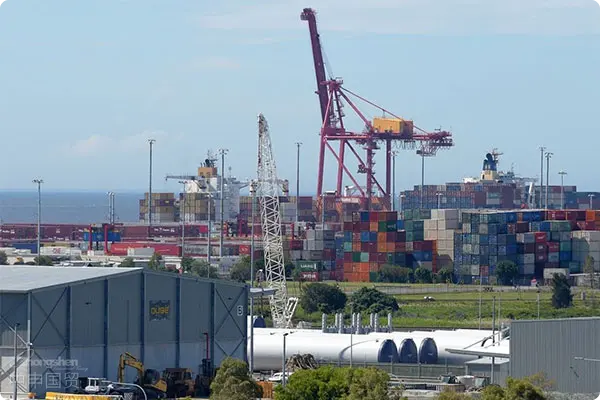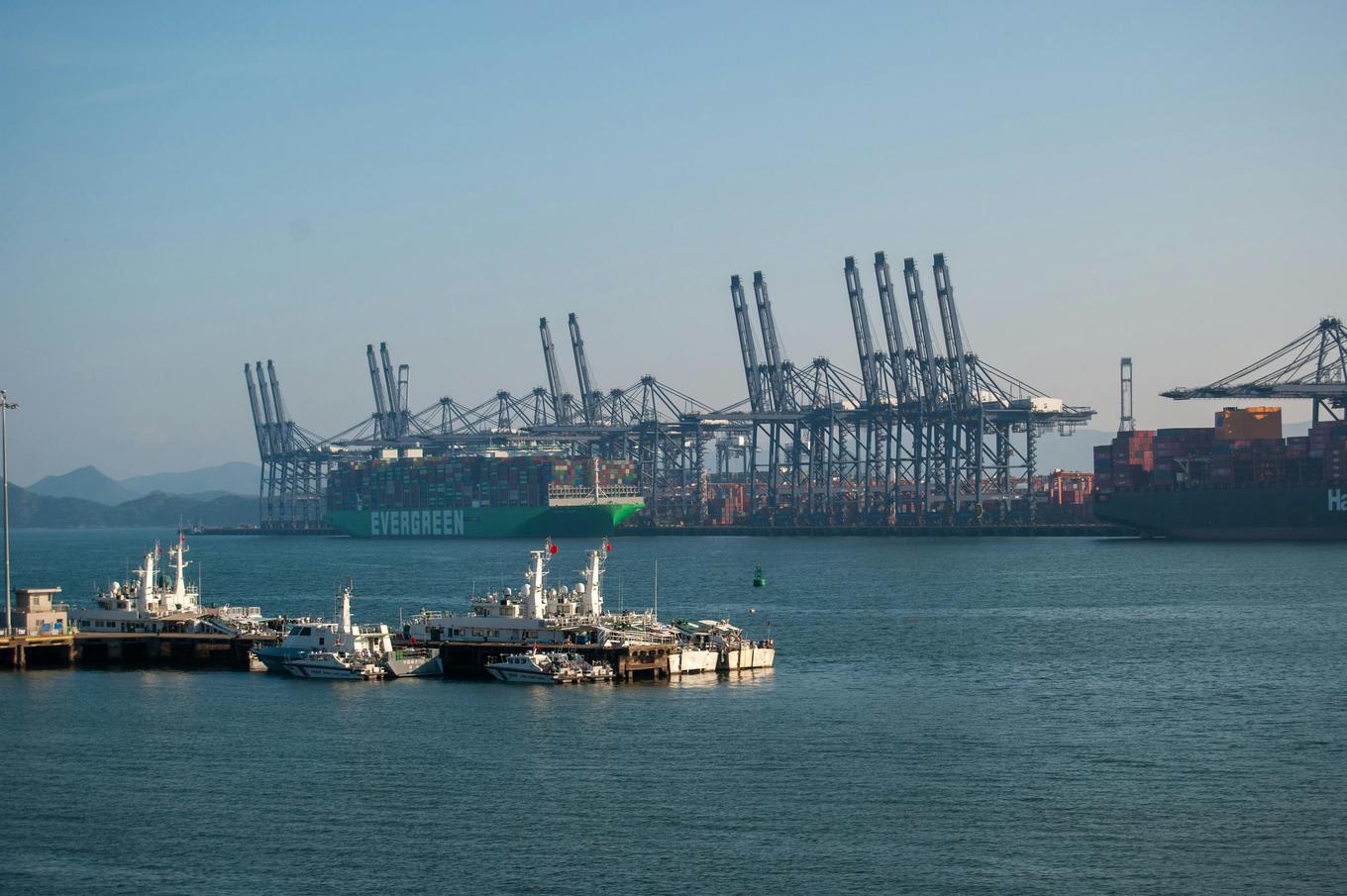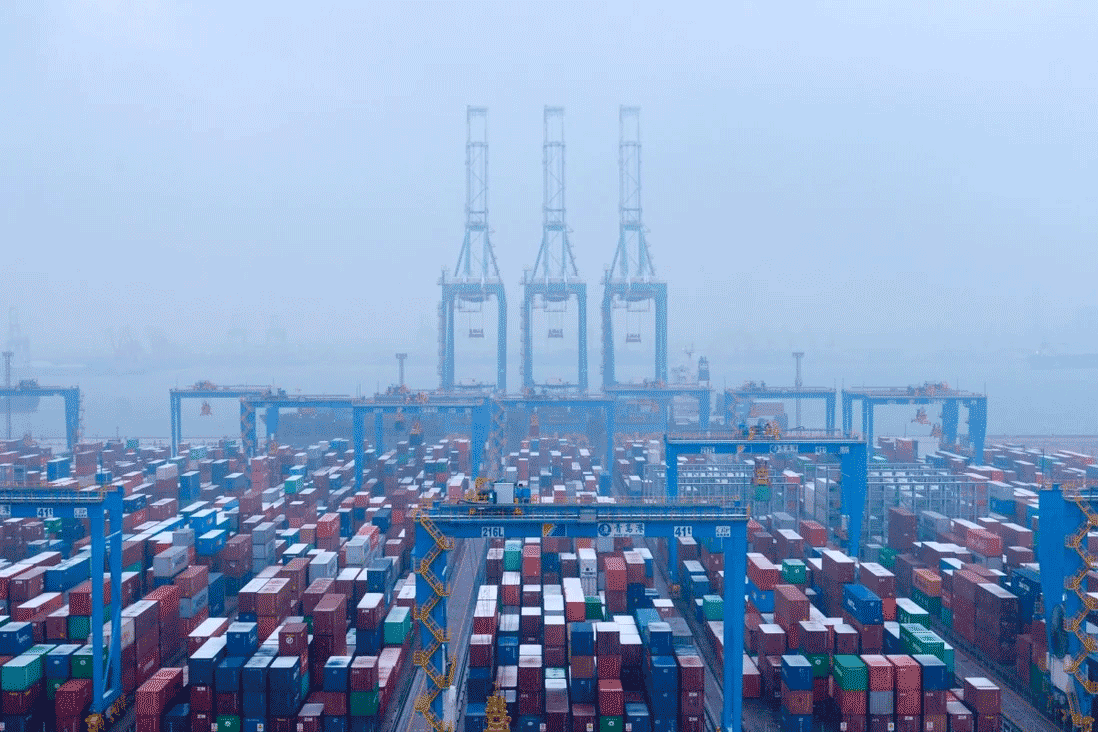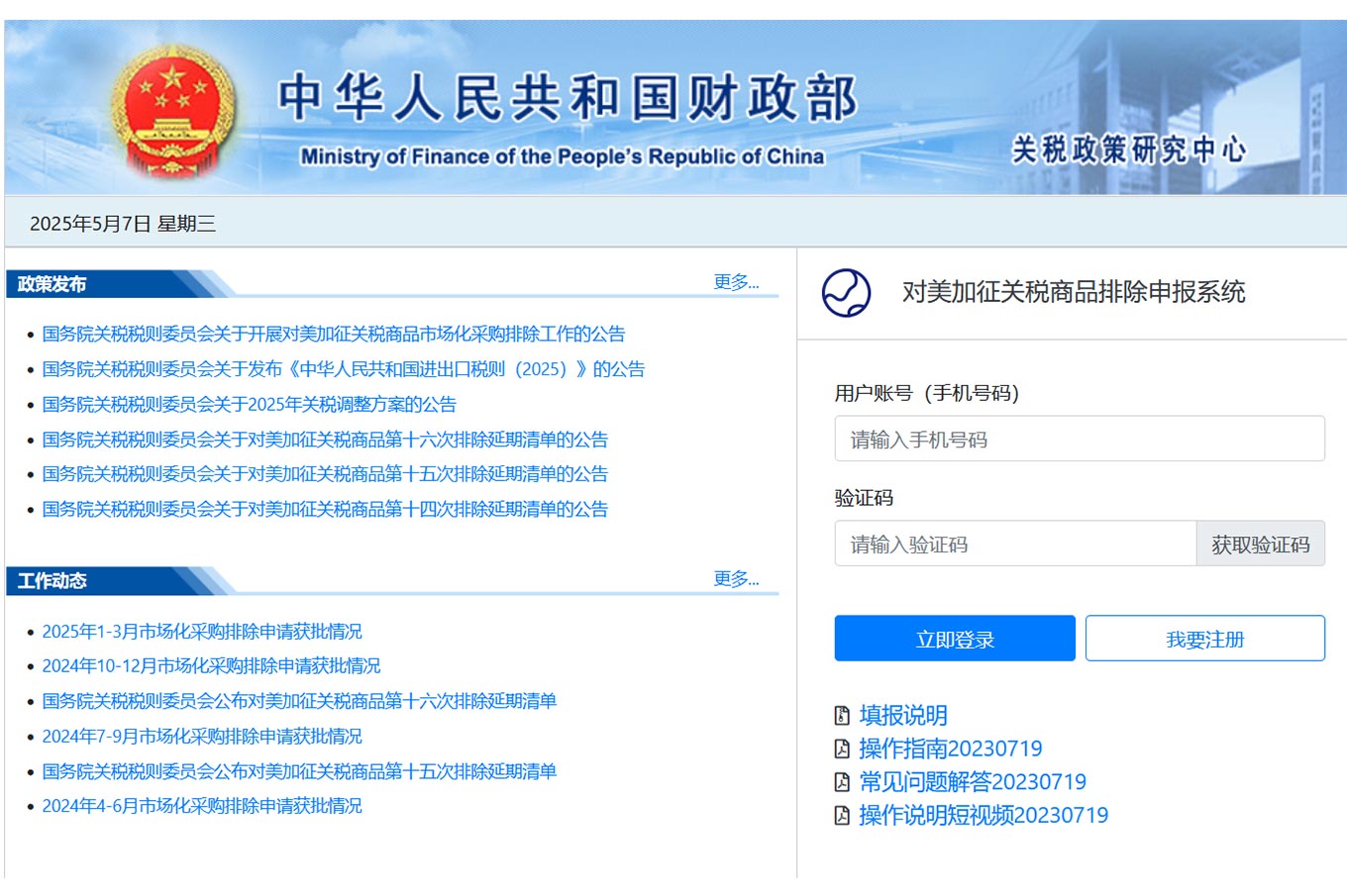- Shanghai Zhongshen International Trade Co., Ltd. - Two decades of trade agency expertise.
- Service Hotline: 139 1787 2118
The Australian government recently announced that starting from July 1, it will abolish nearly 500 import tariffs deemed "negligible." This reform covers a wide range of goods, from everyday items like toothbrushes to entertainment equipment such as roller coasters and bumper cars. The center-left Labor Party government described this move as the largest unilateral tariff reform in nearly two decades.
The abolition of these tariffs is expected to cost the Australian government about 30 million Australian dollars (about 19.9 million US dollars) in budget revenue annually. However, this move is regarded as a positive measure to reduce administrative burden and simplify transaction processes, involving annual trade worth about 8.5 billion Australian dollars.
Australian Treasurer Jim Chalmers stated when announcing the decision that these "negligible" tariffs did not provide substantial protection for Australian workers and businesses. Instead, they increased the burden of dealing with red tape and the additional costs associated with complying with the tariff system. By eliminating these tariffs, the government aims to reduce the burden on businesses and promote a freer and more efficient trading environment.
Chalmers also pointed out that these reforms will eliminate 14% of Australias total tariffs and are expected to have a positive impact on importers, retailers, and ordinary consumers. For consumers, this means that the prices of certain imported goods may decline, increasing the diversity of product choices.
This move also reflects the Australian governments commitment to an open market and development. Although it may have a certain impact on fiscal revenue in the short term, in the long run, abolishing these tariffs helps to improve market competitiveness, boost domestic consumption, and thus stimulate economic growth.foreign tradeHowever, this decision has also sparked some controversy. Critics believe that the abolition of tariffs may put pressure on some local producers, especially those industries that directly compete with imported goods. In addition, there are also concerns that this reform may affect countries that have trade agreements with Australia.
Despite the different voices, this reform will undoubtedly have a direct impact on Australian importers, retailers, and the general consumer public. In the coming months, the specific effects of this policy reform will gradually emerge in the Australian market. International trade experts and the business community will closely monitor this change and assess its long - term impact on Australia and the global trade pattern.
India Signs Trade Agreement with EFTA, Generic Drugs Become Key Controversy

Related Recommendations
? 2025. All Rights Reserved. Shanghai ICP No. 2023007705-2  PSB Record: Shanghai No.31011502009912
PSB Record: Shanghai No.31011502009912










